A Level French
FRENCH A LEVEL
Exam board: WJEC/EDUQAS
Why study this subject:
This course will appeal to students who want to communicate confidently, clearly and effectively in French through both the spoken and the written word whilst studying relevant, topical and cultural themes. Students will also develop their cultural awareness and critical understanding of at least one French literary work or film.
Syllabus: A LEVEL FRENCH TOPICS STUDIED OVER TWO YEARS
Aspects of French-speaking society: current trends
-
•• The changing nature of family (La famille en voie de changement)
•• Grands-parents, parents et enfants – soucis et problèmes
•• Monoparentalité, homoparentalité, familles recomposées
•• La vie de couple – nouvelles tendances
The ‘cyber-society’ (La « cyber-société »)
•• Qui sont les cybernautes ?
•• Comment la technologie facilite la vie quotidienne
•• Quels dangers la « cyber-société » pose-t-elle ?
•• The place of voluntary work (Le rôle du bénévolat)
•• Qui sont et que font les bénévoles ?
•• Le bénévolat – quelle valeur pour ceux qui sont aidés ?
•• Le bénévolat – quelle valeur pour ceux qui aident ?
- Aspects of French-speaking society: current issues
•• Positive features of a diverse society (Les aspects positifs d’une société diverse)
•• L’enrichissement dû à la mixité ethnique
•• Diversité, tolérance et respect
•• Diversité – un apprentissage pour la vie
•• Life for the marginalised (Quelle vie pour les marginalisés ? )
•• Qui sont les marginalisés ?
•• Quelle aide pour les marginalisés ?
•• Quelles attitudes envers les marginalisés ?
•• How criminals are treated (Comment on traite les criminels)
•• Quelles attitudes envers la criminalité ?
•• La prison – échec ou succès ?
•• D’autres sanctions
- Artistic culture in the French-speaking world
•• A culture proud of its heritage (Une culture fière de son patrimoine)
•• Le patrimoine sur le plan national, régional et local
•• Comment le patrimoine reflète la culture
•• Le patrimoine et le tourisme
•• Contemporary francophone music (La musique francophone contemporaine)
•• La diversité de la musique francophone contemporaine
•• Qui écoute et apprécie cette musique ?
•• Comment sauvegarder cette musique ?
•• Cinema: the 7th art form (Cinéma : le septième art)
•• Pourquoi le septième art ?
•• Le cinéma – une passion nationale ?
•• Evolution du cinéma – les grandes lignes
How will I be assessed:
There are three examinations at the end of Year 13
- Paper 1 – Listening, Reading and Writing (2 hours 30 minutes, 100 marks, 50% of A level)
- Paper 2 - Writing on a specific text and film (2 hours, 80 marks, 20% of A level)
- Paper 3 – Speaking (21 – 23 minutes, 60 marks, 30% of A level)
Future course and possible careers:
After an A level in French, you can choose to study it at university or as part of a combined degree for instance with law, business, fashion. Even if you don’t go on to study your chosen language at university, an A level language qualification will give you an edge when applying through UCAS and will also be an advantage when seeking employment in fields such as business, law, education, travel and tourism, fashion, journalism, governmental and international positions, etc.
